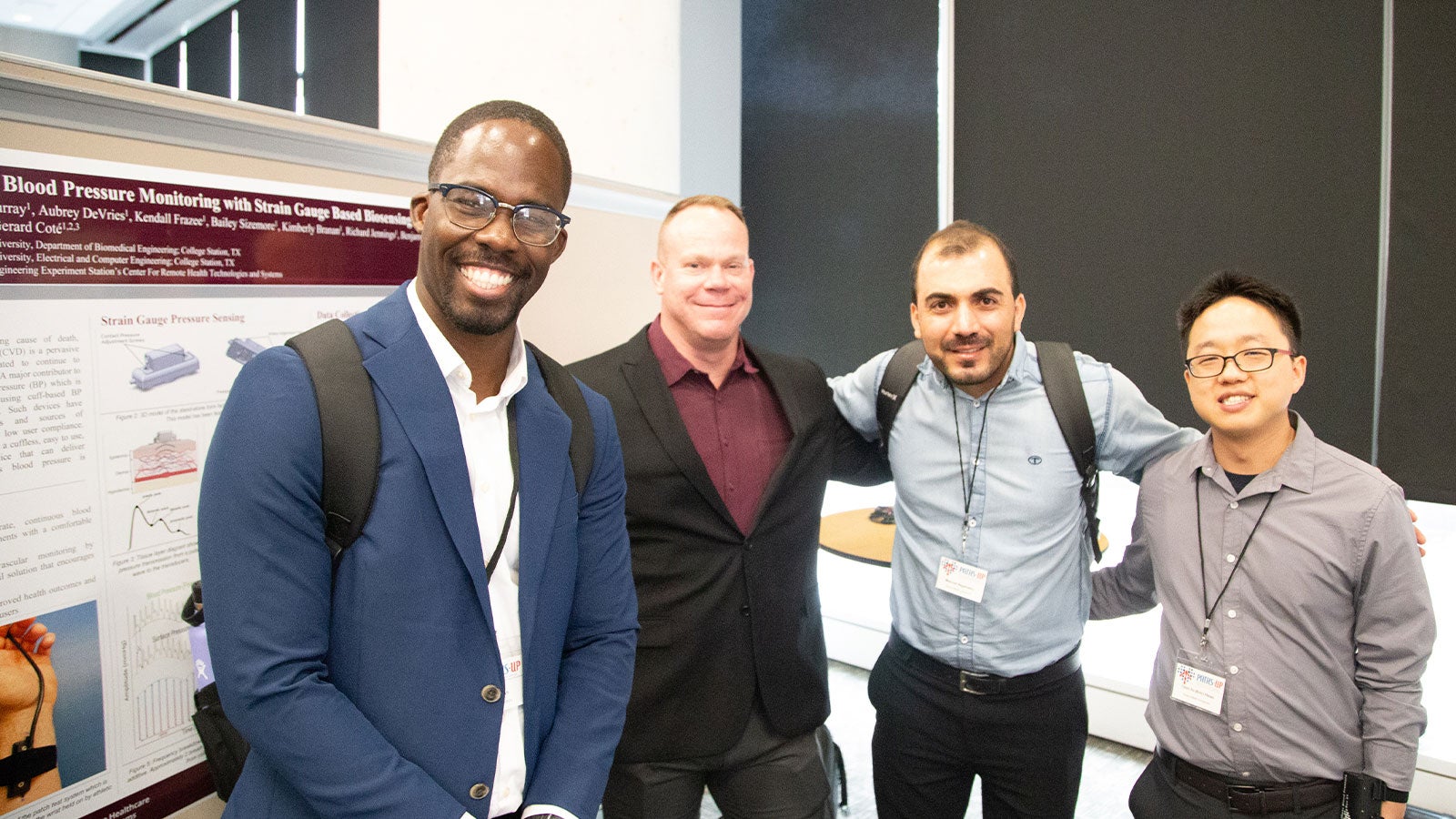Rice University recently hosted the second PATHS-UP Digital Health workshop, which explored digital health technologies that could make healthcare more affordable and accessible for patients dealing with chronic diseases, including cardiovascular conditions, diabetes, cancer and mental health.
PATHS-UP, or Precise Advanced Technologies and Health Systems for Underserved Populations, was founded in 2017 by the National Science Foundation to improve the healthcare landscape for underserved communities through innovative healthcare solutions.
The workshop was designed to pave the way for a digital transformation in the healthcare system through network building and seed funding. By convening experts from diverse backgrounds—including clinicians, engineers, industry professionals, entrepreneurs and government agencies—organizers aimed to catalyze new digital health collaborative research projects that address pressing healthcare needs.
“From this workshop, we hope to initiate new and accelerate ongoing dialogue, consensus and collaboration between all stakeholders responsible for inventing, validating and bringing technologies to market at-scale, so they can benefit the people who need it the most,” said Ashutosh Sabharwal, Ernest Dell Butcher Professor of Engineering, Electrical and Computer Engineering and co-chair of the workshop.
This fall, the PATHS-UP Center, with support from Methodist Research Institute, Baylor College of Medicine, Rice ENRICH and PATHS-UP industry members, will award $375,000 in seed funding for projects originating from the workshop.
The seed funding is meant to initiate new collaborations between partners in engineering and healthcare, support teams’ efforts to secure additional multi-source funding, and accelerate the translation of technologies to clinical application.
“The collaborative research from PATHS-UP provides the opportunity to generate novel interventions based upon AI and wearables that propel the diagnosis and therapy for patients suffering from cardiovascular disease, diabetes, cancer or mental health disorders,” said Dr. Jayer Chung, workshop co-chair and associate professor of surgery at Baylor College of Medicine.
“Advances in digital health have the potential for more personalized treatment with the hope of reducing the chronicity of both illness and treatment,” said Alok Madan, workshop co-chair and John S. Dunn Foundation Distinguished Centennial Chair in Behavioral Health at Houston Methodist. “Digital solutions also have the potential to provide opportunities for assessment and intervention outside of the hospital or clinic, allowing for more ecologically valid data from where patients spend most of their time—in their homes and communities.”
Furthermore, research originating from this workshop could lead to quality healthcare at a lower price point, removing financial barriers for patients facing chronic conditions.
“Healthcare innovation has to simultaneously reach more people where they are, improve healthcare outcomes, and do so at lower costs—objectives that often tend to be at odds with each other,” said Gerard Cote, Director of PATHS-UP, workshop co-chair and professor of biomedical engineering at Texas A&M University. “Digital health is an important framework for achieving these objectives.”
The workshop featured speakers and presenters from the Texas Medical Center, Rice University and other PATHS-UP partner universities, including Texas A&M University, UCLA and Florida International University.
The PATHS-UP Digital Health workshop took place at Rice University’s BioScience Research Collaborative on August 27-29, 2024—with more than 135 stakeholders in attendance—and was co-funded by the National Science Foundation, Methodist Research Institute, Baylor College of Medicine and Rice University.

